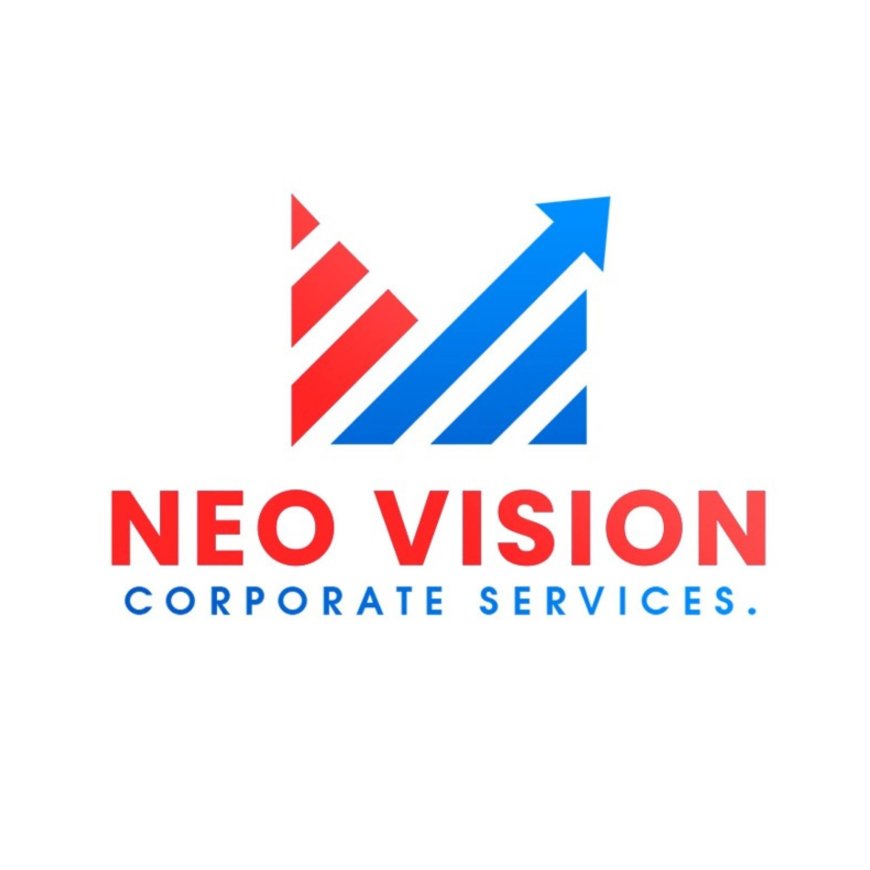Avoid These Mistakes When Setting Up in Dubai
Neo Vision Corporate Services specializes in seamless company formation in Dubai, offering tailored solutions for business setup, licensing, visas, and more, ensuring efficient and compliant operations in the UAE.

Expanding or launching a business in the UAE can be a gateway to global success, but even the smallest oversight during company formation in Dubai can lead to significant delays, penalties, or compliance issues. While the emirate offers one of the most entrepreneur-friendly environments in the region, its not without its bureaucratic complexities. From legal missteps to jurisdiction confusion, understanding what not to do is just as important as knowing what to do.
Choosing the Wrong Jurisdiction for Your Business Model
One of the most common pitfalls in the Dubai setup journey is selecting a jurisdiction that doesnt align with your business goals. Entrepreneurs often rush into Free Zone setups for their tax incentives and full foreign ownership, only to realize later that they cant operate directly in the local UAE market. Conversely, setting up on the Mainland without understanding local sponsorship requirements or trading limitations can hinder growth.
Mainland, Free Zone, and Offshore each serve a unique business purpose. Choosing the wrong one may lock you into restrictive regulations or unexpected costs. Strategic clarity at the outset avoids unnecessary restructuring down the road.
Underestimating Regulatory Requirements for Your Activity
Dubais Department of Economic Development (DED) and various Free Zone authorities offer hundreds of licensed activitiesbut these are not interchangeable. Many first-time founders fail to match their exact operations with the correct business activity on their license. This mistake can lead to fines or even license suspension.
Moreover, certain activitiessuch as healthcare, education, or food and beveragerequire external approvals from specialized government entities. Ignoring these prerequisites can derail your launch timeline entirely.
Rushing the Trade Name Reservation Process
Your trade name is more than just a formalityits a compliance checkpoint. Failing to follow naming conventions, such as including prohibited words, using incomplete personal names, or mimicking existing brands, can lead to immediate rejection from the authorities.
The name must also reflect the licensed activity and avoid religious, political, or cultural references. Submitting multiple revisions after rejections wastes time and may delay your ability to reserve your corporate identity.
Not Understanding Ownership and Shareholding Structures
A major misconception is that all businesses can be 100% foreign-owned. While many Free Zones and certain Mainland activities allow full ownership, others still require a local partner or service agent. Some investors overlook this until incorporation is nearly completeforcing last-minute negotiations or a change in legal structure.
Misaligned shareholding agreements or vague Memoranda of Association (MOA) can also create internal disputes. Clear, legally binding terms ensure long-term operational stability.
Skipping the Legal Review of Licensing Documents
Many entrepreneurs accept pre-drafted legal templates without having them properly reviewed by a corporate lawyer. This shortcut can backfire if clauses in your MOA, lease agreement, or shareholder structure arent tailored to your business.
Legal documents should protect your assets, clarify roles, and prevent ambiguity in ownership or liability. A generic MOA today could turn into a court case tomorrow.
Delaying the Lease or Office Space Decision
Dubai mandates that companies must have a physical addresseven if its a flexi-desk or shared facility. Many startups fail to secure a lease early on, not realizing its a prerequisite to license issuance. Others commit to long-term leases in premium locations that dont match their budget or business stage.
Choosing the wrong officewhether in location, size, or jurisdictioncan financially strain your business and limit flexibility as you scale.
Neglecting Corporate Banking Requirements
Once the license is issued, opening a corporate bank account can be a surprisingly complex task. Without preparing a detailed business plan, KYC documents, and proof of operations, many companies face rejections or delays from UAE banks.
Some founders also underestimate minimum balance requirements or ongoing account maintenance fees, which can impact cash flow. Planning for this early prevents operational roadblocks post-setup.
Ignoring Visa Planning and Employee Quotas
Entrepreneurs often overlook visa eligibility tied to their business license type. Free Zones, for example, have specific visa quotas based on office size. Mainland businesses may have different rules entirely.
Failure to plan for future hiring can limit your ability to scale. If your business relies on expatriate staff, ignoring the visa structure will stunt your human resource strategy before it even begins.
Misjudging the Importance of Ongoing Compliance
Securing your trade license is just the beginning. Dubai mandates yearly renewals, timely VAT filings (where applicable), and industry-specific reports. Businesses that miss these deadlines face fines or blacklisting.
Keeping up with local regulatory changesespecially post-Corporate Tax introductionis essential to stay compliant and avoid legal exposure.
Conclusion
Navigating company formation in Dubai is a rewarding journey when done right, but the stakes are high for those who misstep. Avoiding these common errorsjurisdiction mismatch, poor legal documentation, ignored compliance, and banking miscalculationscan save time, money, and legal stress. The city offers immense potential, but only to those who prepare strategically, stay informed, and build with intention. Set it up smartly, and Dubai can become more than a baseit can be your global launchpad.



































